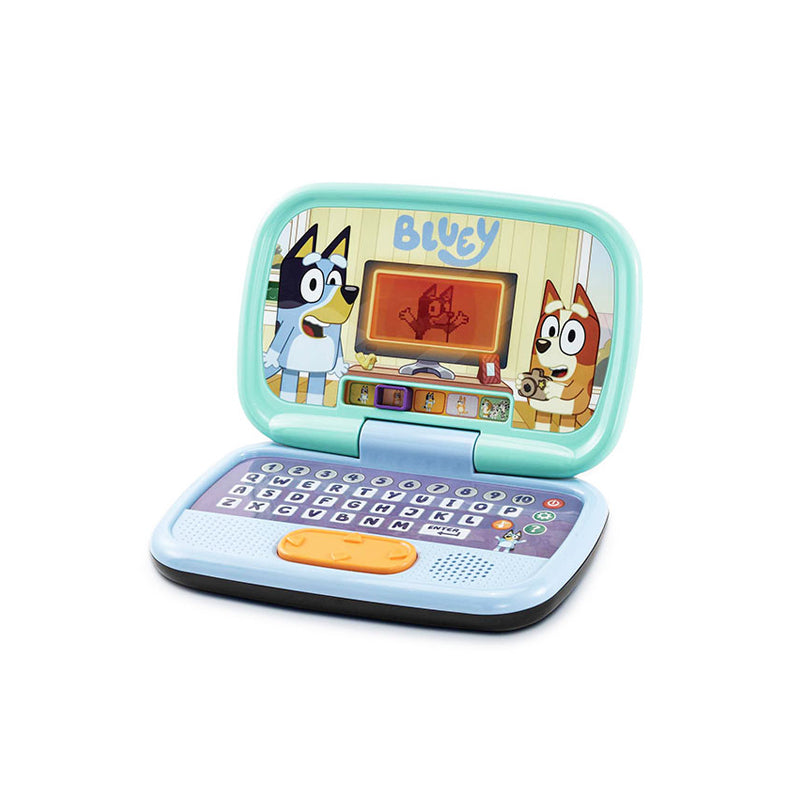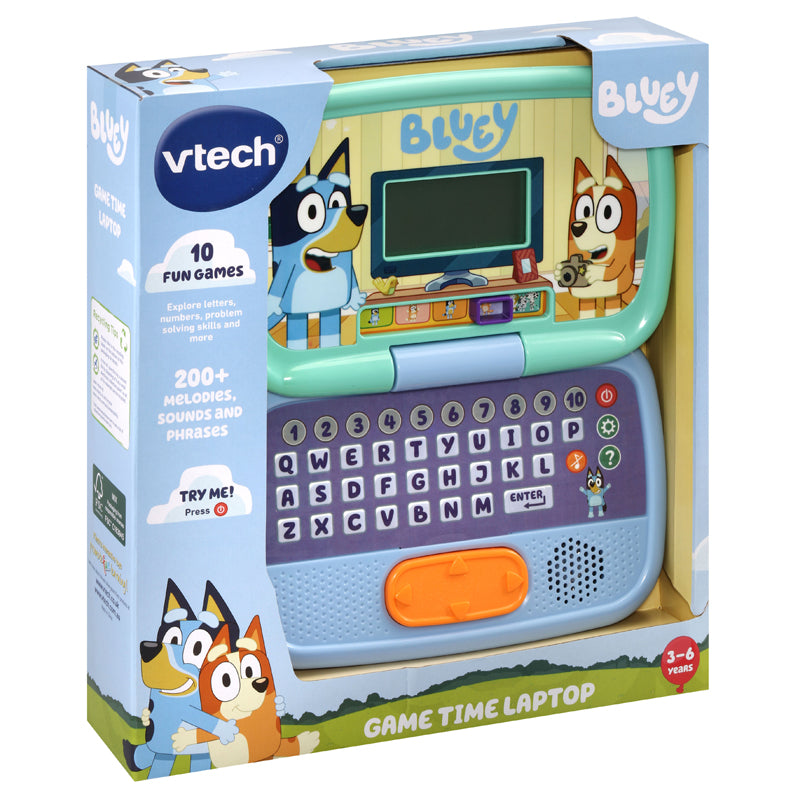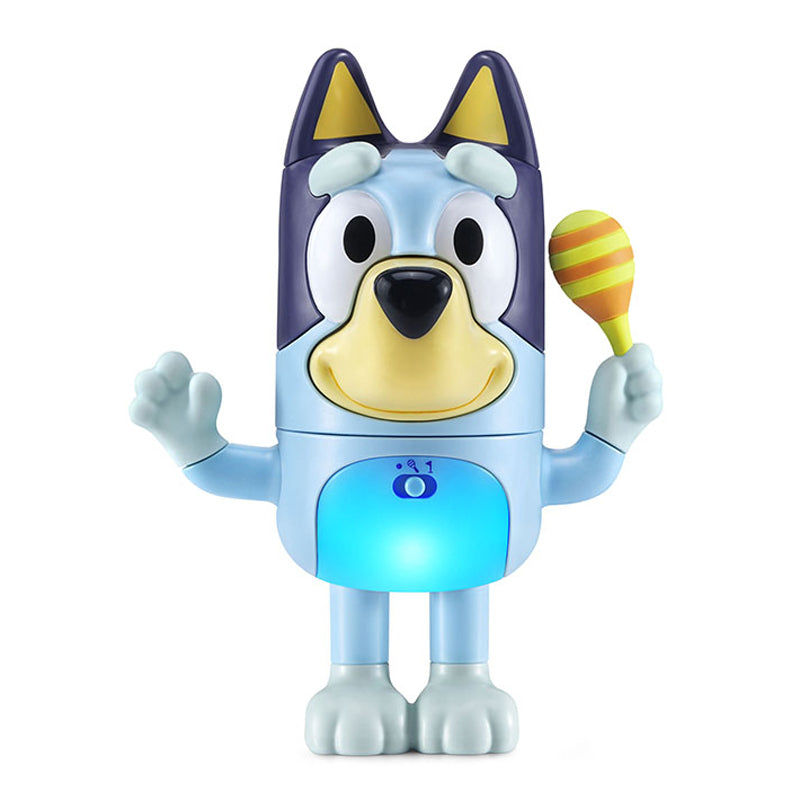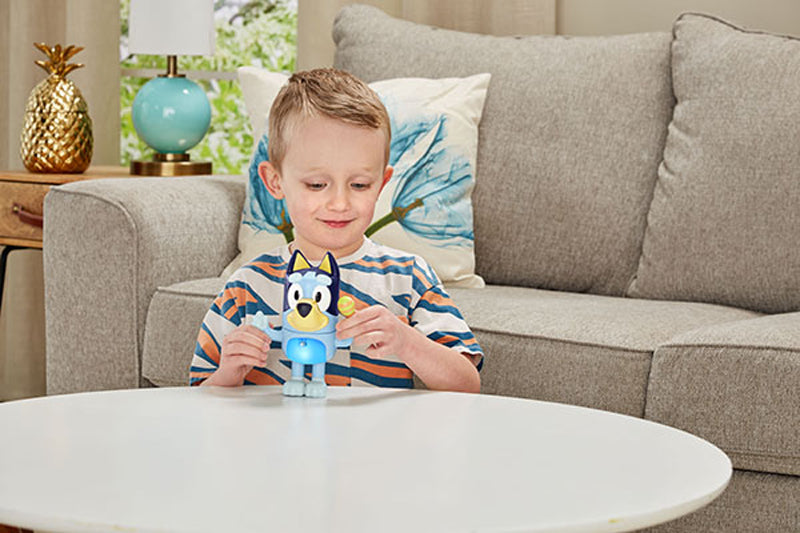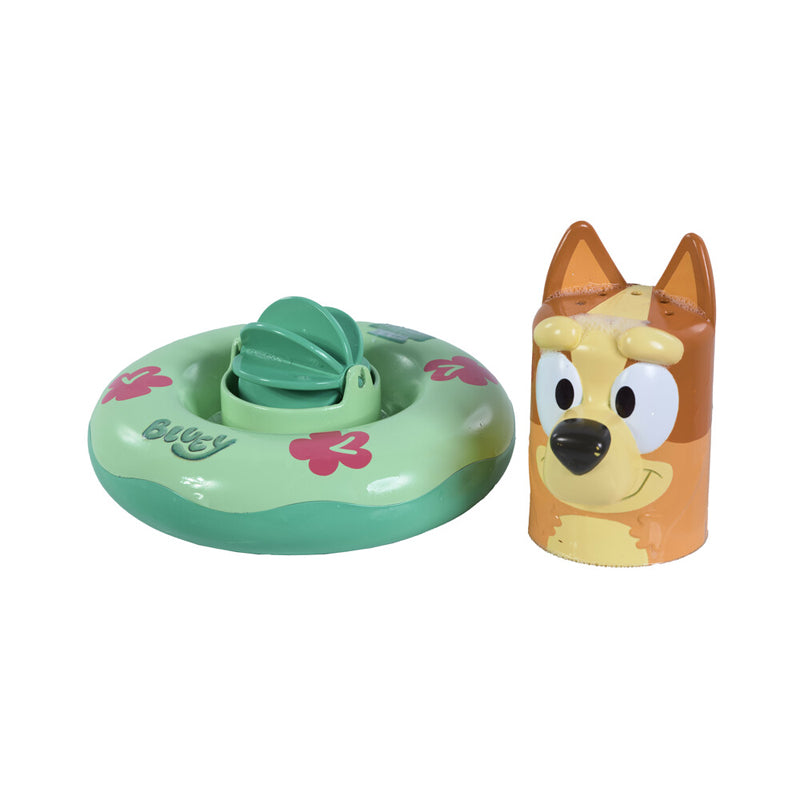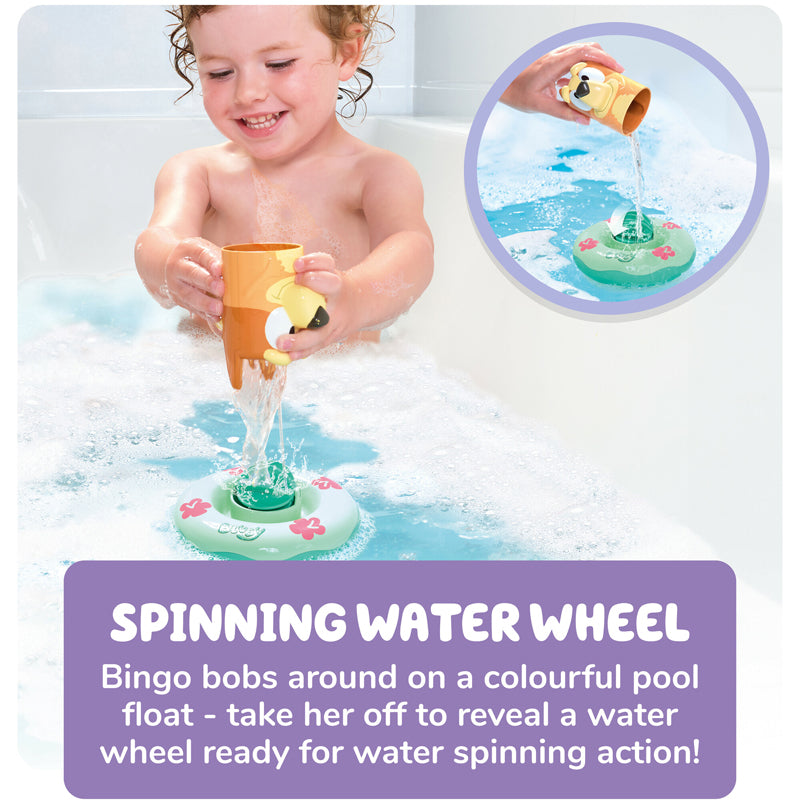This store requires javascript to be enabled for some features to work correctly.
-
Brands
- Angelcare
- Beaba
- Better You
- Bebeconfort
- Bluey
- Boon
- Braun
- Burt's Bees
- Cantu
- Child's Farm
- Clementoni
- Copper Pearl
- Disney
- Dr Brown's
- Dreambaby
- Dreamgenii
- Dumbo
- Elmer
- Fat Brain Toys
- Gabby's Dollhouse
- Gorgeous Gifts
- Guess How Much I Love You
- Halilit
- HEY CLAY
- Infantino
- Janod
- Kaloo
- Keel Toys
- Kikka Boo
- Lamaze
- Lansinoh
- Leap Frog
- Little Bird Told Me
- LittleLife
- MAM
- Medela
- Milton
- Munchkin
- Nuby
- NUK
- Nutri Burst
- Paddington Bear
- Peter Rabbit
- Peppa Pig
- Philips Avent
- Playmobil
- Ragtales
- Rainbow Designs
- Safety First
- Spider-Man
- Stitch
- Summer Infant
- SwaddleMe
- Taf Toys
- Taggies
- Tiny Love
- Tommee Tippee
- Tomy
- Toot Toot Drivers
- Vicks
- Vital Baby
- VTech
- Widdop Bingham
- Winnie The Pooh
- Categories
-
Brands
- Angelcare
- Beaba
- Better You
- Bebeconfort
- Bluey
- Boon
- Braun
- Burt's Bees
- Cantu
- Child's Farm
- Clementoni
- Copper Pearl
- Disney
- Dr Brown's
- Dreambaby
- Dreamgenii
- Dumbo
- Elmer
- Fat Brain Toys
- Gabby's Dollhouse
- Gorgeous Gifts
- Guess How Much I Love You
- Halilit
- HEY CLAY
- Infantino
- Janod
- Kaloo
- Keel Toys
- Kikka Boo
- Lamaze
- Lansinoh
- Leap Frog
- Little Bird Told Me
- LittleLife
- MAM
- Medela
- Milton
- Munchkin
- Nuby
- NUK
- Nutri Burst
- Paddington Bear
- Peter Rabbit
- Peppa Pig
- Philips Avent
- Playmobil
- Ragtales
- Rainbow Designs
- Safety First
- Spider-Man
- Stitch
- Summer Infant
- SwaddleMe
- Taf Toys
- Taggies
- Tiny Love
- Tommee Tippee
- Tomy
- Toot Toot Drivers
- Vicks
- Vital Baby
- VTech
- Widdop Bingham
- Winnie The Pooh
- Categories
-
Brands
- Angelcare
- Beaba
- Better You
- Bebeconfort
- Bluey
- Boon
- Braun
- Burt's Bees
- Cantu
- Child's Farm
- Clementoni
- Copper Pearl
- Disney
- Dr Brown's
- Dreambaby
- Dreamgenii
- Dumbo
- Elmer
- Fat Brain Toys
- Gabby's Dollhouse
- Gorgeous Gifts
- Guess How Much I Love You
- Halilit
- HEY CLAY
- Infantino
- Janod
- Kaloo
- Keel Toys
- Kikka Boo
- Lamaze
- Lansinoh
- Leap Frog
- Little Bird Told Me
- LittleLife
- MAM
- Medela
- Milton
- Munchkin
- Nuby
- NUK
- Nutri Burst
- Paddington Bear
- Peter Rabbit
- Peppa Pig
- Philips Avent
- Playmobil
- Ragtales
- Rainbow Designs
- Safety First
- Spider-Man
- Stitch
- Summer Infant
- SwaddleMe
- Taf Toys
- Taggies
- Tiny Love
- Tommee Tippee
- Tomy
- Toot Toot Drivers
- Vicks
- Vital Baby
- VTech
- Widdop Bingham
- Winnie The Pooh
- Categories

Bluey
Since its debut in 2018, Bluey has captured the hearts of children and parents alike, quickly becoming a beloved staple in children’s television across the UK. Following the spirited adventures of Bluey, a cheerful blue heeler puppy, and her family, the show masterfully captures the essence of childhood through imaginative play, family bonding, and the simple joys that permeate our everyday lives. Each episode presents relatable stories that mirror the challenges and triumphs of parenting, encouraging us to embrace our imperfections and foster a deeper connection with our children. With its blend of humour, warmth, and wisdom, Bluey is more than just a show—it's a celebration of family life that inspires parents to appreciate the journey of raising kids, one delightful pawprint at a time.
At the core of Bluey’s immense popularity lies its unforgettable main character—Bluey herself. This lovable six-year-old Blue Heeler puppy is more than just a cartoon figure; she embodies the curiosity, imagination, and boundless energy of childhood that resonates deeply with both children and adults alike. Bluey’s adventures showcase everyday family life through the eyes of a playful and spirited child, making her instantly relatable to viewers across the UK and beyond. Bluey has genuine warmth and authenticity. Her interactions with her family and friends highlight important values such as creativity, empathy, and problem-solving, all wrapped up in fun and heartwarming stories. Bluey’s character invites children to explore their own emotions and encourages parents to engage meaningfully with their kids, creating a shared viewing experience that strengthens family bonds.
Transcending from the screen are an array of toys that are available to continue the engagement and fun with children. Shop today at Baby City.
-
Sale
-
Sale
-
Sold Out
-
-
-
Sale
-
-
More From Baby City About
Bluey
The Life Lessons We Can Learn from Bluey: A Parent's Perspective
In a world brimming with animated shows, few have managed to strike a chord with both children and parents quite like "Bluey." This delightful Australian series follows the adventures of a lovable Blue Heeler puppy and her family, capturing the joys and challenges of everyday life through imaginative play and heartfelt storytelling. As a parent, watching Bluey is more than just an entertaining experience; it's a window into valuable life lessons that resonate deeply with our own parenting journeys. From fostering empathy and creativity to navigating the complexities of family dynamics, Bluey offers a treasure trove of insights that can enhance our approach to raising well-rounded children.
1. Introduction to Bluey and Its Impact on Parenting
Bluey, the beloved Australian animated series, has captured the hearts of children and parents alike since its debut in 2018. Following the adventures of a cheerful blue heeler puppy named Bluey and her family, the show paints a vibrant picture of childhood through imaginative play, family dynamics, and the simple joys of everyday life. But what truly sets Bluey apart is its ability to resonate with parents on a deeper level, offering valuable life lessons that extend beyond the screen. As a parent, it's easy to find yourself caught up in the hustle and bustle of daily routines, often feeling overwhelmed by the challenges of raising children in today's fast-paced world. Yet, watching Bluey provides a refreshing perspective that invites us to slow down and appreciate the little things. The show's creators have ingeniously woven together relatable stories that reflect the ups and downs of parenting, encouraging us to embrace our imperfections, foster creativity, and prioritize connection with our children. From Bluey's imaginative games that spark creativity to the life lessons embedded within each episode, the series serves as a gentle reminder of the importance of play in childhood development. It encourages parents to step into their children's world, engage in their imaginative adventures, and nurture their growth. Bluey not only highlights the significance of family bonds but also teaches valuable lessons about empathy, problem-solving, and resilience, making it a treasure trove of insights for parents navigating the complexities of parenting.
2. The Importance of Play in Child Development
In the vibrant world of Bluey, play is not just a pastime; it's a fundamental pillar of child development. Each episode showcases the importance of imaginative play and how it serves as a crucial avenue for children to explore their emotions, develop social skills, and foster creativity. As parents, we might often underestimate the power of play, viewing it as mere entertainment. However, Bluey brilliantly illustrates that through play, children learn valuable life lessons and navigate complex concepts in a safe environment. Take, for instance, the way Bluey and her friends engage in various imaginative scenarios whether they are pretending to be superheroes saving the day or embarking on a whimsical adventure in a cardboard box. These playful moments are not just fun; they encourage children to experiment with roles, negotiate rules, and practice empathy. When kids role-play, they begin to understand different perspectives and develop important social skills, such as sharing, taking turns, and resolving conflicts. Moreover, Bluey highlights the joy and spontaneity of play, reminding us that it doesn't have to be structured or overly guided. The show encourages parents to step back and let their children lead the play, fostering independence and confidence. When we allow our children the freedom to create their own games and stories, we give them the opportunity to think critically and solve problems in real-time. As parents, we can take a page from the Bluey playbook by prioritizing playtime in our daily routines. It doesn't require elaborate toys or planned activities sometimes, the simplest forms of play, like building a blanket fort or engaging in a game of make-believe, can have the most profound impact on our children's development. Ultimately, Bluey serves as a gentle reminder that through laughter, creativity, and connection, we can cultivate a rich environment for our children to thrive. Embracing the importance of play is not just beneficial for our little ones; it enriches our family life, creating cherished memories and lifelong lessons along the way.
3. Lessons on Emotional Intelligence
In the vibrant world of Bluey, emotional intelligence takes center stage, offering parents invaluable lessons on understanding and managing feelings both for themselves and their children. Each episode of this beloved Australian animated series showcases Bluey and her family navigating everyday challenges, making it a treasure trove of insights into emotional literacy. One of the standout themes is the importance of recognizing and validating emotions. Bluey and her sister, Bingo, experience a wide range of feelings joy, frustration, sadness, and excitement. Through relatable scenarios, children learn that it's perfectly normal to feel a mix of emotions, and that expressing these feelings is a healthy part of growth. For parents, this serves as a reminder to encourage open dialogue about emotions at home. By fostering a space where feelings are acknowledged, we help cultivate resilience and empathy in our children. Moreover, Bluey beautifully illustrates the art of problem-solving and conflict resolution. In episodes where Bluey and her friends encounter disagreements or misunderstandings, they often engage in imaginative play to work through their issues. This not only teaches children the value of cooperation and compromise but also emphasizes the significance of viewing situations from multiple perspectives. As parents, we can take cues from these episodes, guiding our children in developing their own emotional toolkit%u2014equipping them with the skills to navigate social interactions with grace and understanding.
Lastly, the series highlights the role of parental modeling in emotional intelligence. Bluey%u2019s parents, Bandit and Chilli, demonstrate how to handle their own emotions, whether through playful banter or moments of vulnerability. By observing their interactions, children learn that it%u2019s okay for adults to express and manage their feelings too. This reinforcement encourages a healthy approach to emotional well-being, breaking down the stigma around discussing mental health within the family unit. In essence, Bluey serves as both an entertaining show and a powerful educational tool, teaching children and parents alike the significance of emotional intelligence. By embracing the lessons from this charming series, we can create a nurturing environment that supports emotional development, ultimately leading to a generation of empathetic and resilient individuals.
4. The Value of Family Bonding
In the whirlwind of daily life, where schedules can become overwhelming and distractions lurk around every corner, Bluey offers a gentle reminder of the importance of family bonding. The show beautifully illustrates how precious moments spent together whether through play, shared meals, or simple conversations can strengthen the familial ties that hold us together. Throughout each episode, we witness Bluey and her family engage in imaginative play that often leads to valuable lessons. For instance, the way Bluey and her younger sister, Bingo, interact with their parents not only showcases the joy of playing together but also highlights the importance of collaboration, empathy, and communication. These moments resonate deeply with parents, reminding us that it's the seemingly small interactions that create lasting memories and foster a sense of belonging within the family unit. Moreover, Bluey encourages parents to prioritize quality time, even amidst the chaos of modern life. Whether it's a spontaneous dance party in the living room or a family picnic in the park, these shared experiences become the foundation for trust and understanding. The show reinforces that bonding doesn't have to be extravagant or time-consuming; sometimes, the simplest activities can lead to the most profound connections. As parents, we can take a page from Bluey's adventures by consciously carving out time for our families, embracing moments of silliness, and engaging in playful activities that allow us to connect on a deeper level. In a world that often pulls us in different directions, Bluey teaches us that family bonding is not just important, but essential for fostering love, respect, and resilience among family members. By prioritizing these moments, we can cultivate a family culture that celebrates togetherness, laughter, and learning one episode at a time.
5. Teaching Problem-Solving Through Everyday Scenarios
One of the most profound lessons that parents can glean from Bluey is the show's masterful approach to teaching problem-solving through everyday scenarios. Each episode is a carefully crafted vignette that illustrates how the beloved blue heeler and her family encounter and navigate various challenges, offering viewers simple yet powerful insights into conflict resolution and critical thinking. From deciding how to share toys with friends to figuring out the best way to clean up after a play session, Bluey seamlessly weaves problem-solving into the fabric of daily life. These relatable situations serve as an excellent springboard for parents to engage their children in discussions about coping strategies, negotiation skills, and empathy. For instance, when Bluey and her sister Bingo face a dilemma about whose turn it is to choose the game, the episode not only highlights their differing perspectives but also emphasizes the importance of communication and compromise. As parents, we can take cues from these scenarios to create similar moments in our own homes. Encourage your children to express their feelings and thoughts when faced with a problem, and guide them through brainstorming potential solutions. This collaborative approach not only helps build their confidence in decision-making but also fosters a sense of autonomy. Additionally, Bluey showcases the idea that mistakes are a natural part of learning. When things don't go as planned, the characters often engage in reflective conversations, allowing children to see that setbacks are simply opportunities for growth. By normalizing this process, we empower our kids to approach challenges with resilience and a positive mindset. Ultimately, the problem-solving lessons ingrained in Bluey serve as a reminder that every day is a chance to learn and grow. By embracing these teachable moments, we can help our children develop essential life skills that will benefit them long after the episode has ended.
6. Understanding the Role of Imagination and Creativity
In the vibrant world of Bluey, imagination and creativity are not just play; they are fundamental aspects of growth and learning. Each episode unveils the beauty of imaginative play, showcasing how Bluey and her family transform the ordinary into the extraordinary. From turning a simple living room into a bustling airport to creating fantastical adventures in the backyard, the show emphasizes that the world is a canvas, waiting to be painted with the strokes of our imagination. As parents, we can glean valuable insights from Bluey's adventures about the significance of fostering creativity in our own children. When children engage in imaginative play, they are not merely having fun; they are developing critical thinking skills, enhancing their problem-solving abilities, and improving their social skills through role-playing scenarios. Watching Bluey, we see how she navigates challenges, negotiates with her friends, and expresses her thoughts and emotions all through the lens of creativity.
Encouraging our children to explore their imaginations can lead to profound benefits. It allows them to express themselves freely, cultivate empathy by stepping into the shoes of others, and learn resilience as they navigate the ups and downs of their make-believe worlds. As parents, we can take a page from Bluey's playbook by creating an environment that invites creativity, whether through open-ended toys, art supplies, or simply unstructured time to play. Moreover, Bluey reminds us that imagination is not just a childhood phase; it's a lifelong skill that we should nurture. By embracing our children's creative instincts and participating in their imaginative games, we strengthen our bonds and create memories that will last a lifetime. So, let%u2019s take a moment to join Bluey and her family in their adventures, allowing our imaginations to run wild and discovering the invaluable lessons hidden within the joy of play.
7. Navigating Conflict Resolution: What Bluey Teaches Us
In the vibrant world of Bluey, conflict resolution is not just a subplot; it%u2019s woven into the fabric of the show, providing invaluable lessons for both children and parents alike. From the playful disagreements between Bluey and her sister Bingo to the thoughtful conflicts encountered during imaginative play, the series illustrates that conflict is a natural part of relationships and can be navigated with empathy and understanding. One of the standout episodes, showcases how Bluey and Bingo deal with the frustration of not getting their way during a family outing. Rather than letting emotions escalate, their mom, Chilli, gently guides them through the process of expressing their feelings. She encourages them to articulate what they want and to listen to each other's perspectives. This moment is a powerful reminder that effective communication can turn potential arguments into opportunities for growth and connection. As parents, we can learn to embrace these teachable moments by modeling similar behavior in our own interactions. When conflicts arise at home, whether it's between siblings or even with our partners, we can take a page from Bluey's playbook. Encouraging open dialogue, validating feelings, and guiding children to find a common ground not only resolves disputes but also fosters essential life skills.
Moreover, Bluey's adventures often illustrate the significance of problem-solving and compromise. In an episode where Bluey and Bingo want to play different games, they learn to blend their ideas in a way that satisfies both. This teaches young viewers that collaboration can lead to creative solutions, and that sometimes, the best outcomes come from teamwork rather than individual agendas. Incorporating these lessons into our parenting toolkit can help our children grow into empathetic and skilled conflict resolvers. By navigating disagreements with the same grace and understanding that Bluey exemplifies, we can cultivate a home environment that values communication, respect, and resilience a true reflection of the lessons imparted by this beloved cartoon.
8. Encouraging Independence and Responsibility
One of the most heartwarming aspects of Bluey is how the show delicately weaves in themes of independence and responsibility through relatable storytelling. As parents, we often grapple with the age-old dilemma of balancing guidance with allowing our children to grow into self-sufficient individuals. Bluey and her family provide a perfect lens for exploring this balance. From simple games like "Keepy Uppy" to more complex situations that require teamwork and problem-solving, Bluey encourages her young viewers to take initiative and embrace challenges. Each episode subtly nudges children to take ownership of their actions whether it's cleaning up after playtime, helping a sibling, or even managing their emotions during a difficult moment. One memorable episode showcases Bluey and her younger sister, Bingo, as they take on the task of running a lemonade stand. Initially overwhelmed by the responsibilities, they learn to negotiate with customers, manage supplies, and even handle disappointment when things don't go as planned. Watching them stumble and succeed offers valuable lessons not just for children, but for parents as well: it%u2019s essential to provide space for our kids to try, fail, and ultimately grow from their experiences. Moreover, Bluey doesn't shy away from portraying the consequences of independence. The show thoughtfully depicts scenarios where Bluey faces the results of her decisions, reinforcing the message that with freedom comes accountability. This approach helps children understand that their choices have real-world implications, fostering a sense of responsibility that will serve them well into adulthood. As parents, we can use the lessons from Bluey to create a nurturing environment where our children feel empowered to explore their independence. By allowing them to tackle age-appropriate tasks and encouraging them to think critically about their responsibilities, we can support their growth while ensuring they understand the importance of being dependable and accountable. After all, the journey to independence is one that shapes character, and with Bluey as our guide, we can navigate this path with confidence and joy.
9. The Significance of Routine and Structure
In a world that often feels chaotic and unpredictable, the beloved Australian animated series Bluey provides a gentle reminder of the importance of routine and structure in family life. Bluey, a spirited blue heeler puppy, showcases the beauty of daily rituals and the comfort they bring to both children and parents alike. Each episode subtly emphasizes how predictable routines create a sense of security, allowing children to thrive emotionally and socially. As parents, we see Bluey and her family engaging in their daily activities from morning routines to bedtime stories illustrating how these moments foster connection and stability. Whether it's the simple act of having breakfast together, playing a game, or the nightly ritual of winding down with a story, these structured activities reinforce a rhythm to family life that children can rely on. Moreover, routines help establish boundaries and expectations, teaching kids valuable lessons about responsibility and time management. Bluey's adventures often touch on how to navigate emotions and social interactions, showing that when children know what to expect, they feel more confident and less anxious in their surroundings. From a parent's perspective, implementing routines can help alleviate the daily stress of decision-making and unexpected challenges. For instance, designating specific times for homework, play, and family meals not only organizes the day but also creates opportunities for bonding and open communication. As we follow Bluey%u2019s family through their daily escapades, we are reminded that these small rituals can have a profound impact on building a nurturing environment where children feel safe to explore, express, and grow. Ultimately, the significance of routine and structure is beautifully encapsulated in Bluey. This beloved show encourages parents to embrace the everyday moments that may seem mundane but are, in fact, the building blocks of a loving family dynamic. By prioritizing these routines, we can instill a sense of stability in our children's lives, ensuring they develop resilience and a deeper understanding of their world.
10. Building Resilience in Children
In the vibrant, imaginative world of *Bluey*, resilience is woven into the fabric of each episode, offering invaluable lessons for parents aiming to cultivate this essential trait in their children. Resilience, the ability to bounce back from setbacks, navigate challenges, and adapt to change, is not just a buzzword; it's a crucial life skill that will serve kids throughout their lives. One of the most striking elements of Bluey is how the show portrays the process of learning through play. In various episodes, Bluey and her sister Bingo face challenges be it a game that doesn't go as planned or a misunderstanding among friends. Instead of shying away from these moments of disappointment, the characters engage in problem-solving, often turning to their parents for guidance. This dynamic illustrates the importance of allowing children to encounter difficulties and learn to cope with them in a supportive environment.
For instance, consider the episode where Bluey decides to play a game that doesn't quite work out. Rather than sulking, she learns to adapt the rules and find joy in the unexpected twists of play. This not only teaches children that failure is a natural part of learning but also encourages them to be flexible and creative in their thinking. As parents, we can foster resilience by allowing our kids to experiment, make mistakes, and ultimately discover that setbacks can lead to new opportunities.
Furthermore, *Bluey* emphasizes the significance of emotional expression and communication. The characters often articulate their feelings, whether it's frustration, joy, or sadness. This open dialogue teaches children that it's okay to express their emotions and seek help when needed, reinforcing the idea that vulnerability is a strength, not a weakness. Encouraging kids to share their feelings and talk about their experiences can help them develop a strong emotional foundation, making it easier for them to face life's challenges head-on. By incorporating the lessons of resilience from Bluey into our parenting, we can nurture children who are not only capable of overcoming obstacles but who also understand the value of perseverance, adaptability, and emotional intelligence. Ultimately, these life lessons extend far beyond the screen, equipping our children with the tools they need to thrive in an ever-changing world.
11. Lessons in Empathy and Kindness
In the vibrant world of Bluey, empathy and kindness are not just themes; they are the threads that weave the fabric of every episode. As parents, watching Bluey and her family navigate the ups and downs of daily life provides us with rich lessons on how to cultivate these essential qualities in our own children. From simple games of make-believe to heartfelt moments of sharing and understanding, Bluey exemplifies how empathy can transform interactions. One particularly poignant episode showcases Bluey helping a friend through a difficult moment. Instead of jumping straight to solutions, she listens, validates feelings, and offers her support, teaching young viewers the importance of being present for others. This approach encourages kids to step into someone else's shoes, fostering a deeper understanding of emotions and perspectives beyond their own. Moreover, the show illustrates that kindness isn't always grand gestures; often, it's found in the small, everyday actions. Whether it%u2019s helping a sibling with a task, sharing a toy, or simply being there to cheer someone up, these moments are gems that resonate with children. Parents can use these examples as springboards for discussions about the importance of kindness in their own lives.
As we watch Bluey navigate her adventures with her family and friends, we are reminded that modeling empathetic behavior is crucial. Children learn by example, and when they see characters they adore practicing compassion and kindness, it reinforces the idea that these traits are not only valued but essential. Incorporating the lessons from Bluey into our parenting can help shape a new generation that understands the power of empathy and kindness, equipping them with the tools they need to build meaningful relationships and create a positive impact in the world. After all, if Bluey can teach our kids to be kind and empathetic, we can certainly encourage those same lessons in our own homes.
Bluey toys have become a beloved addition to many playrooms, not only because they bring the charming world of the popular Australian animated series to life but also because they play a significant role in early childhood development. Shop Bluey toys at Baby City that encourage imaginative play, a crucial aspect of cognitive growth, as children recreate stories and adventures inspired by the show's episodes. Furthermore, Bluey toys often promote social skills by encouraging cooperative play, where kids learn to share, negotiate roles, and express their emotions effectively. Many Bluey-themed puzzles and interactive toys also help enhance fine motor skills and problem-solving abilities. Overall, they are great for playtime fun and an engaging way for children to develop important skills, all while bonding over their favourite characters.

